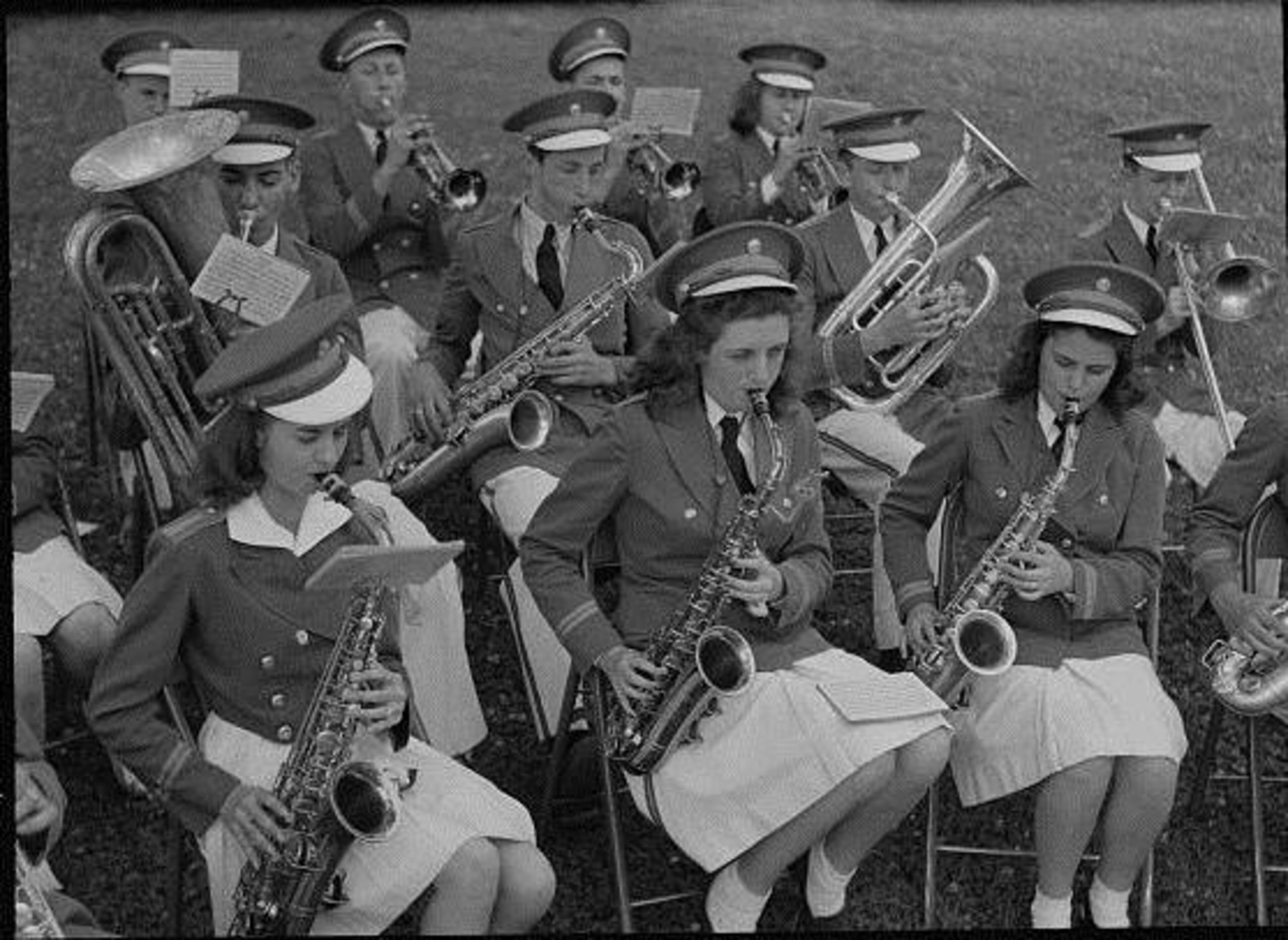Troubadour or techie? The liberal arts vs. STEM debate ramps up
Several readers sent me links to a long piece by Washington Post columnist Fareed Zakaria, author of "In Defense of a Liberal Education," in which he warns the zeal for the STEM disciplines should not obscure the importance of a well-rounded liberal arts education.
Such an education, says Zakaria, has proven the key to American “economic dynamism, innovation and entrepreneurship.”
Critical thinking, he says, “is the only way to protect American jobs.”
He writes:
A broad general education helps foster critical thinking and creativity. Exposure to a variety of fields produces synergy and cross fertilization. Yes, science and technology are crucial components of this education, but so are English and philosophy. When unveiling a new edition of the iPad, Steve Jobs explained that "it's in Apple's DNA that technology alone is not enough — that it's technology married with liberal arts, married with the humanities, that yields us the result that makes our hearts sing."
Zakaria's piece is long. Take a look before you comment.

I pulled three interesting comments about the essay from the nearly 2,000 posted, many of which were skeptical of the author’s viewpoint.
The first from a parent: I have a high school sophomore daughter. In history class she is taking notes on the textbook and is expected to regurgitate the information on the test, without too much thought in between. In lit class, she is asked to write drivel about what "Romeo and Juliet" can teach us about True Love, and what "Lord of the Flies" can teach us about Human Nature. It has to sound good, but it doesn't have to actually mean anything. In chem class, on the other hand, she needs to write clearly, accurately, and intelligently describing lab procedures and writing error analyses. In math class, she needs to take things she has learned before and apply them logically to new and slightly different situations. And she'd like to take Spanish, which would teach her to see the world from a completely new point of view, but she's too exhausted from all the very pointless history and lit worksheets and had to drop that class. In today's world, I can't think of anything that would be more important than citizens who have a basic understanding of how science works, and who can evaluate scientific claims. So yes, I think we need people who are flexible, clear thinking and creative: we need more well taught science classes.
A music major: I couldn't even finish the article because it was making me want to break something. When it was time to pick a major, I read an article like this. The gist was that everyone has been hearing that STEM is the path to a lucrative future, so STEM fields (especially computers) will be oversaturated by the time I'd be ready to get a job. I checked the box for "Music" instead of "Computer Science." It's my biggest regret. If you're a kid picking a college major and you're on the fence, DO NOT LISTEN TO THIS MAN. Be a troubadour or a poet or whatever in your free time. Learn a skill that will earn you money.
A Spanish Lit major: Even though it may be useful to have some background in the humanities and soft sciences, I do think the number of majors in those fields should be limited. I have a degree in Spanish Literature; it is utterly useless for a career. I did learn how to write and how to analyze writing, however. That has been immensely useful as has the understanding of Latin American culture and customs. If it weren't for the minor in Plant Science, I'd be stuck teaching Spanish to a bunch of high schoolers that didn't care about Borges, Cortázar or Allende.



